Description: War Thunder is a next generation military MMO game dedicated to...

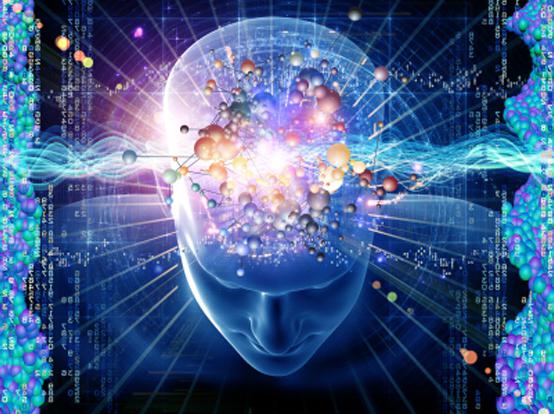
“Somewhere I have already seen this” or “I have definitely been here once!” - We are sure that all this has already happened ... but we do not remember when. A person suddenly remembers places where he has never been before or people whom he has never known before. This state is called deja vu phenomenon.
Scientists from various fields of science have long been struggling with its riddle, trying to explain from a scientific point of view why deja vu effect. Here is how briefly their preliminary conclusions look:
How psychiatrists and psychologists see this problem:
Many experts in the field of psychiatry are of the opinion that the déjà vu effect is nothing more than one of the signs of temporal lobar epilepsy. They conclude that those people who often (periodically) experience this phenomenon are prone to epilepsy, schizophrenia, or suffer from disturbances in the perception of time.
Psychologists put forward their version, according to which the above effect is caused by certain processes in the brain, aimed at self-defense of the psyche in an unfamiliar, frightening situation. For example, when we find ourselves in a position where danger is subconsciously felt, oppressive uncertainty, our thinking begins to look for any familiar "straws" in order to grab onto them and not panic. If the brain does not find any, it invents them on its own.
From a biologist's point of view:
American scientists, researchers have found that the phenomenon of deja vu originates in the temporal lobe of the brain, namely the dentate gyrus of the hippocampus. This area of the brain is responsible for searching for analogies stored in memory, and also determines the differences between similar images. Thanks to the dentate gyrus, a person is able to distinguish the past from the present, and the present from the future, and what has already been seen once from the new.
If a failure occurs in this sector for some reason, the image, seen for only a fraction of a second, remains in the center of memory. And immediately there, the hippocampus sends a “request” - is there something similar to what it saw in memory. And here comes this supposedly memory. It begins to be perceived as an already known fact from an indefinite past.
Simply put, we do not understand that we see the image for the first time twice instead of once, since the first “session” of what we saw was very short, and we simply did not remember it.
Such disruption of the hippocampus can occur as a result of a stressful situation, severe fatigue, depression, certain diseases, and from the adverse effects of the external environment.
Metaphysicians also have their own theory:
From the point of view of experts in the field of metaphysics, the fourth dimension, namely time, is the same reality as space is. For example, when a person is physically located at one point in space, we know for sure that in this moment there are also people who are at another point, although we do not see them.
Also with time. We live, we are, we exist here and now. However, just as simultaneously, next to us, there are both the past and the future.
In this regard, if you follow this logic, the deja vu phenomenon develops from the fact that there is a failure in time. This results in an accidental reading of information that was not intended for us. So, as if a door opens a little, leading to the future or a parallel dimension.
mystical theory
This very popular theory also has the right to exist, like all others. Very many mystically minded people tend to see mysterious, mystical roots in the deja vu effect. And they are quite understandable, because scientists still cannot come to a consensus and clearly explain how and why it occurs.
Therefore, unscientific popular theories arise. For example, parapsychologists associate this phenomenon with the theory of reincarnation. They say that each person lives not one, but several lives. Therefore, it may well be remembered the episode that occurred in one of them. Other mystics consider the described phenomenon to be a genetic memory and explain it as a memory from the life of their ancestors.
Holographic theory
Not so long ago, Dutch scientists Herman Sno and Don Linchen proposed to the scientific world a theory according to which human perception and memories resemble holograms. And the phenomenon of deja vu appears precisely when a certain number of elements of one hologram, namely the event that is happening at the moment, coincides with fragments of another, namely, with a past memory. In this case, they are mixed and the described effect occurs.
As you and I know, the rules of a holographic image imply that at any point of a three-dimensional image there is all the necessary information, with which you can easily restore the entire image.
The déjà vu effect works in the same way. What if our brain really encodes and stores literally all the information received throughout life. And then one small detail, a small piece, is enough for thinking to build a complete picture, to put together the whole puzzle. And of course, to make a person feel that all this has already happened to him once.
As a result of our small investigation, we can conclude that there is still no unambiguous, only correct explanation for the deja vu phenomenon. Although this phenomenon is very common and familiar to many people. But, in fairness, it must be said that scientists are looking for a clue and hope to someday solve this mystery. So research in this area is ongoing.
Deja vu is an unusual effect in which the present is perceived as the past. Since ancient times, people have tried to find an explanation for this phenomenon. Forgotten dreams, fantasies, severe fatigue, reincarnation - many ideas and theories are put forward by scientists, psychics, psychologists and parapsychologists.
The French word déjà vu sounds like "déjà vu" in Russian. This phenomenon conveys the feeling of a person that he has already been in this place or knows people whom he had never met before this moment.
The deja vu effect (translation of the word - “already seen”) has the opposite phenomenon. Jamais vu - “never seen”. It occurs at the moment when a person does not recognize, does not remember a familiar situation or place.
The very word "déjà vu" in Russian is usually written together. This difference from the French version has no serious justification. This spelling is usually used for simplicity and convenience.
Deja vu is a well-known term that is often used in psychology, psychiatry, Everyday life. Deja vu, or false memory, is a mental state. During it, a person gets the feeling that he has already been in a similar place or situation.
The phenomenon of deja vu occurs suddenly, lasts a few seconds and also suddenly disappears. It cannot be caused artificially. In the book "Psychology of the Future" Émile Boirac first used this term.

At healthy people The effect of deja vu happens several times in a lifetime. Patients with epilepsy are able to experience this sensation several times a day. At the same time, deja vu is often accompanied by hallucinations.
Why does deja vu occur? Early Christians claimed that the phenomenon is associated with the reincarnation of a person, his memories of past lives. However, in the VI century this theory was recognized as heretical by the highest church authority.
Deja vu is a state of mind in which a distinct feeling is created that the individual has already experienced similar feelings or been in the same situation. Such a memory is not associated with specific moments from the past. It refers to the past as a whole, a person cannot identify a similar situation with a similar one in his conscious past.
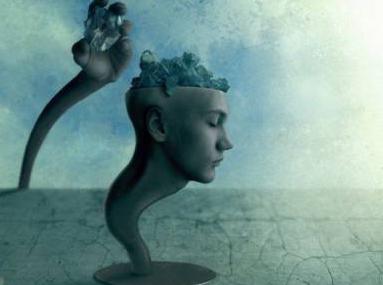
The phenomenon was studied by psychologists, psychics, doctors, priests. Why does deja vu occur? What provokes its appearance? There are several suggestions why the phenomenon sometimes occurs with healthy people.
What does deja vu mean? This is a generic term. It includes fuzzy memories of sounds, smells, places, situations, feelings, and sensations. In fact, the deja vu effect is delimited by narrower concepts.
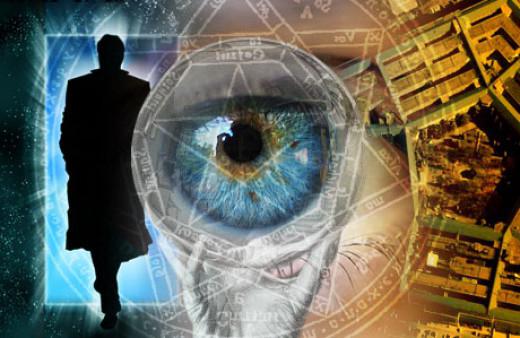
Déjà visité ("déjà visite")- was already here. Being in a new place, a person feels that it is familiar to him. That he had been here before. This term is associated with place and orientation in space.
Presque vu ("presque vu")- almost seen. The most popular phenomenon is when a person cannot remember a word, name, name, phrase. This state is very disturbing, distracting. Up to 2-3 days, the search for the right word may linger in your thoughts.
Déjà vécu ("deja vécu")- already heard sounds and smells. This is a vague feeling that a person can predict what will happen next. He recalls familiar smells or hears sounds that give rise to further memories. But the effect is limited only by sensations. There are no further memories.
Déjà senti ("déjà senti")- already felt. Feeling that feelings or emotions have already been. As if the person already felt the same as at the moment.
Jamais vu (“Zhamevu”) - translated into Russian as “never seen”. This is a situation when a person knows a place, situation, environment, but he does not recognize it. Such a phenomenon creates a feeling of another reality. It seems to a person that he is in a different time, an unfamiliar place.
This distortion of memory is a subspecies of cryptomnesia, it is correlated with mental disorders. Jamevu is rare and is a sign of schizophrenia, senile psychosis.
Rarely occurs in healthy people frequent deja vu. This happens when layering processing of several types of memory. Frequent deja vu accompanied by anxiety, smells is a functional disorder that should be treated by a psychologist, a neurologist. Also, frequent deja vu is a symptom of temporal lobar epilepsy.
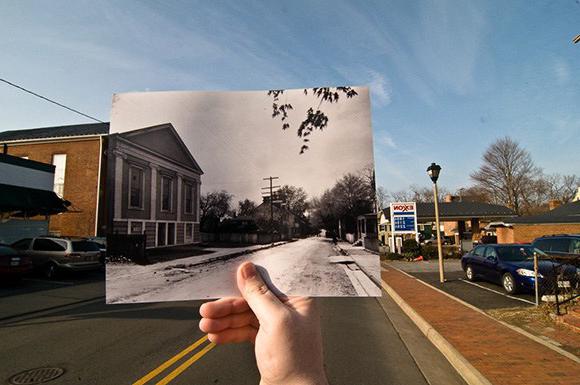
The phenomenon is based on an individual neurophysiological anomaly. It can be congenital or acquired (for example, after a neurosurgical operation). Psychiatrists warn that frequent deja vu can be initial stage mental personality disorder.
Deja vu is an interesting phenomenon that began to be scientifically studied a little over a century ago. German scientists in the 19th century suggested that the phenomenon manifests itself at the moment of extreme fatigue. It is then that failures occur in the cerebral cortex.
Sigmund Freud believed that deja vu arises from the resurrection of subconscious, forgotten fantasies. Arthur Allin claimed that the phenomenon is a fragment of a forgotten dream.
Herman Sno hypothesized that memory is stored in the form of holograms. Each fragment contains certain information. The smaller the fragment of the hologram, the more vague the memory. At the moment of coincidence of the real situation with any fragment of memory, a deja vu effect occurs.
According to the theory of Pierre Glur, memory consists of 2 systems - recovery and recognition. When deja vu occurs, the recognition system is activated, and the recovery system is temporarily disabled.
Modern scientists believe that the phenomenon of deja vu is associated with a certain area of the brain. It's called the hippocampus. It is this zone that is responsible for identifying objects. With the help of experiments, it was revealed that the dentate gyrus of the hippocampus allows you to instantly recognize the slightest differences in similar images.
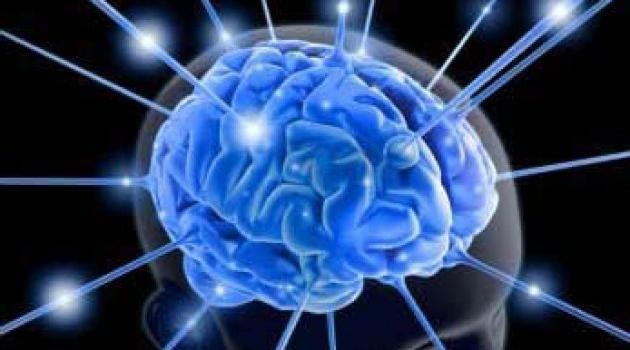
A person, experiencing something in the present, is able to correlate his feelings with past feelings and try to predict his reaction in the future. At this moment, the necessary areas of the brain are turned on, short-term and long-term memory begin to interact. That is, the past, present and future are present in the human brain. Therefore, the events of the present can be perceived as the past - this is why deja vu occurs.
The hippocampus divides human experience into past and present. Sometimes impressions are too similar, a person is in identical situations many times. There is a slight hiccup in the connections between long-term and short-term memory. The hippocampus compares similar memories, recognizes the mise-en-scene - then deja vu occurs.
Specialists in the field of parapsychology, extrasensory people suggest that deja vu phenomenon directly related to reincarnation. Human life is a certain stage of acquiring knowledge and experience. After the end of one stage, new round life. In the next incarnation, a person will have to go a different path and acquire a different experience and knowledge.
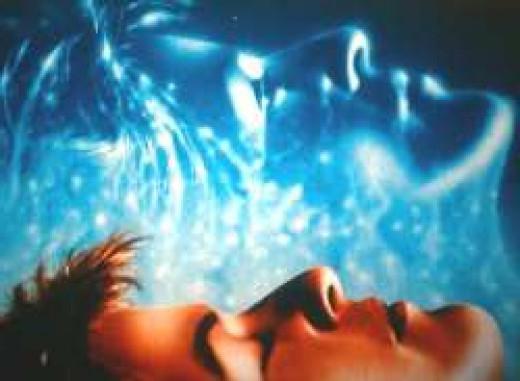
Supporters of reincarnation argue that the phenomenon of deja vu is memories of past lives, stages passed. Just as a person is able to recognize a place or a situation, he can recognize a person familiar from a past life. This is what explains the strong feelings for strangers at first sight. It can be love or hate. Such feelings confirm that in past incarnations people were familiar.
Sometimes there is a feeling that the events have already happened. A person hears the same sounds, inhales smells, anticipates what the interlocutor will say. Consciousness throws up pictures of what is happening, but does not answer the question of when such an event occurred. The phenomenon is called deja vu and occurs during the life of 97% of the population. Of particular surprise are situations when, when we see a stranger and when visiting a new room, we can describe in detail the facial features or the environment. It gets creepy and a little awkward. Do not even try to remember when there were familiar events, it is impossible. What is deja vu and why does it occur?
The state experienced by a person is comparable to watching a movie or reading a book that you have been reading or watching for a long time. Separate pictures and motives arise in the head, but the memory does not show how further events will develop. When the situation develops, the person is surprised to understand that this is exactly how everything should have happened. There remains a strange feeling, an understanding that you knew the sequence of the development of the situation.
Deja vu: what is it? An amazing phenomenon that scientists are still struggling with. The complexity of research lies in the fact that it is impossible to predict the occurrence of deja vu. Consequently, it is not possible to prepare a person for study and observation. Cases of repeated deja vu several times a week have been recorded in people suffering from epilepsy.
Thanks to Émile Bouarac, there is a term for this unusual phenomenon. The psychologist called the phenomenon deja vu. Readers found a new designation in the works of the scientist "Psychology of the Future". Previously, the phenomenon was characterized by the same signs, but was called false recognition or paramnesia. The latter term meant disturbed consciousness and deceptions of memory.
Exists reverse phenomenon, which was given the French designation - Jamevu. Such a phenomenon is rare, unlike deja vu. Accompanied by severe memory loss. A person does not recognize close or familiar people, he perceives familiar things as new. Jamevu arises unexpectedly, for example, during a conversation with a friend. At one point, all data is erased from memory. The repetition of jamevu indicates the presence of mental disorders.
Researchers have not learned to cause the phenomenon artificially. Therefore, take the facts below as a theory based on a survey of people who have experienced deja vu. What does this phenomenon mean according to scientists?
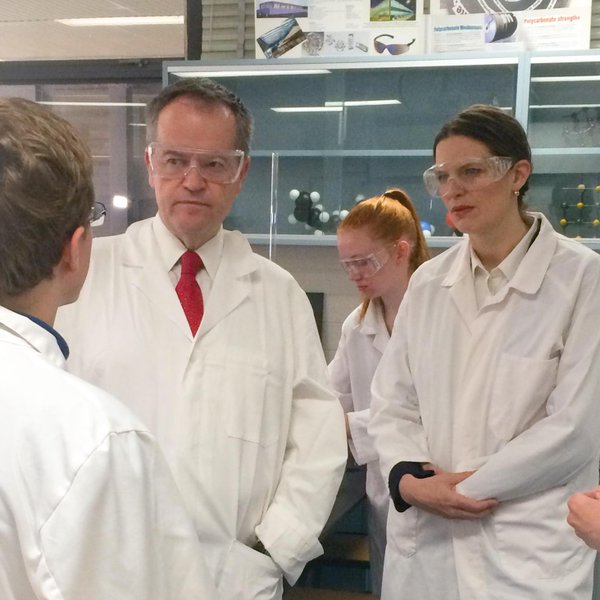
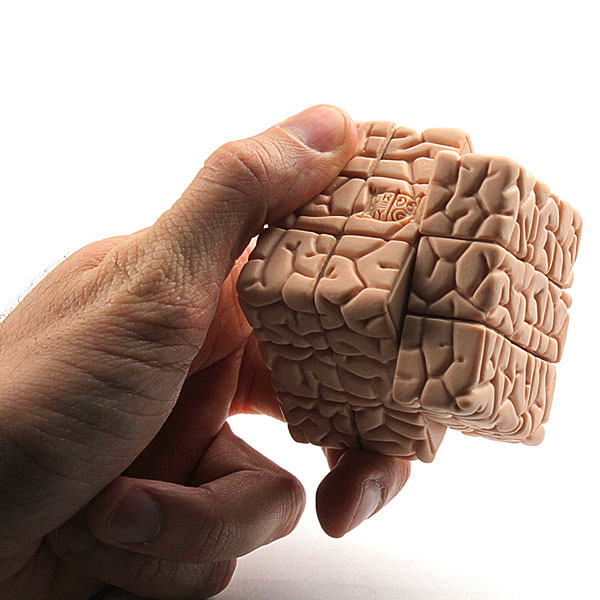
Psychologist Sigmund Freud did not bypass the topic of deja vu. The Australian is sure that the phenomenon arises due to human consciousness. It throws up subconscious pictures and fantasizes. The hypothesis was picked up by the followers of Freud and brought to the theory of the struggle between "I" and "It".
There are various hypotheses put forward by scientists from all over the world. Interestingly, not only psychologists, but also physicists joined the study of the phenomenon. The latter are sure that deja vu man feels due to a glitch in time. In ordinary life, human consciousness perceives only what is happening at the present moment. During a crash, the times start at the same time. Therefore, a person gets the impression that events are repeating themselves.
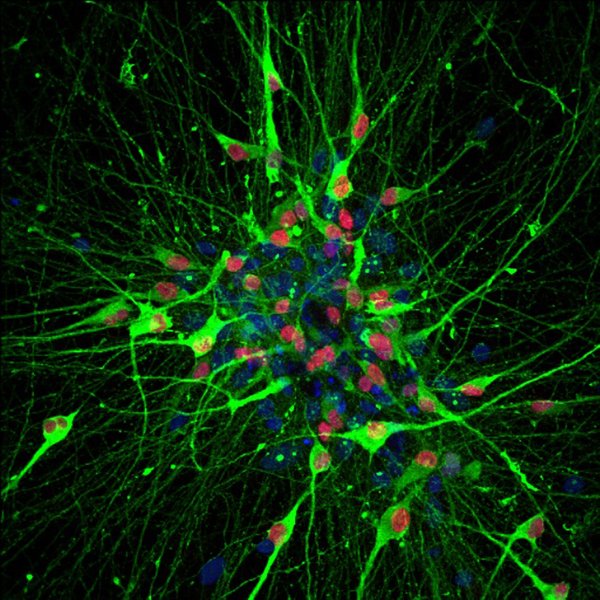
Why does deja vu occur?

Psychologists note that similar situations happen to a person every day. As a result, a reaction to events is formed, experience is accumulated. When similar situations arise, a person uses the developments of the past. There is a sense of recognition of the events taking place.
The mystery and mystery of the phenomenon does not let scientists go. Research continues on an interesting feeling. In the state of Colorado, scientists conducted a series of experiments. One of them was that a group of people were shown images in turn famous places and people. First photos of celebrities, then personalities from different areas, pictures depicting historical monuments and attractions.
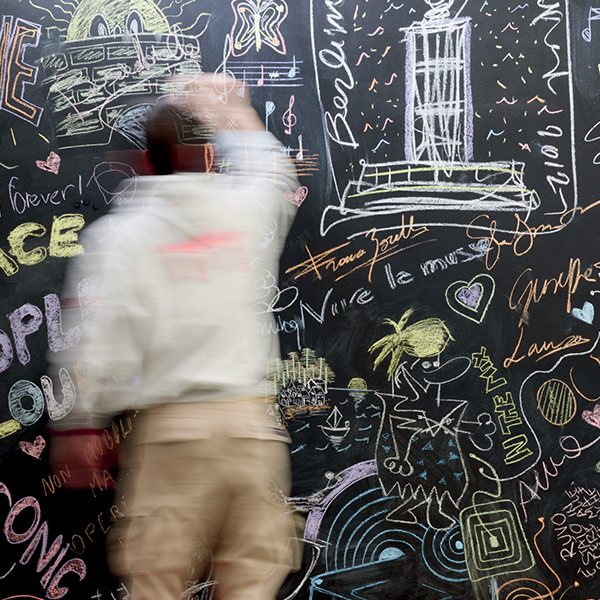
During the demonstration of photographs, scientists asked those present to describe the image: who or what is on the card. While the subjects thought, the respondents recorded the activity of the brain. Despite the presence of the correct answer, the temporal part of the brain became more active. Modern research deja vu showed that when a person does not know the answer, he pulls up associations. They form the feeling of repeating situations.
Despite the variety of theories, scientists have come to a consensus on which parts of the brain are involved in the occurrence of deja vu. The future is protected by the frontal part, the intermediate zone is responsible for the present, and the past is given to the temporal region. In the normal operation of all parts, nothing phenomenal happens. But, if a person is worried about upcoming events, makes various plans, then deja vu may occur. due to physiological reasons.
When conducting a conversation, a person reacts to the face of the interlocutor. Depending on facial expressions, a reaction occurs, the brain sends a signal. Physiologists argue that the present time is so short that people only have time to remember events, but do not experience them. Some situations fall under short-term memory, which stores memories for no more than 5 minutes, while others fall under long-term memory.
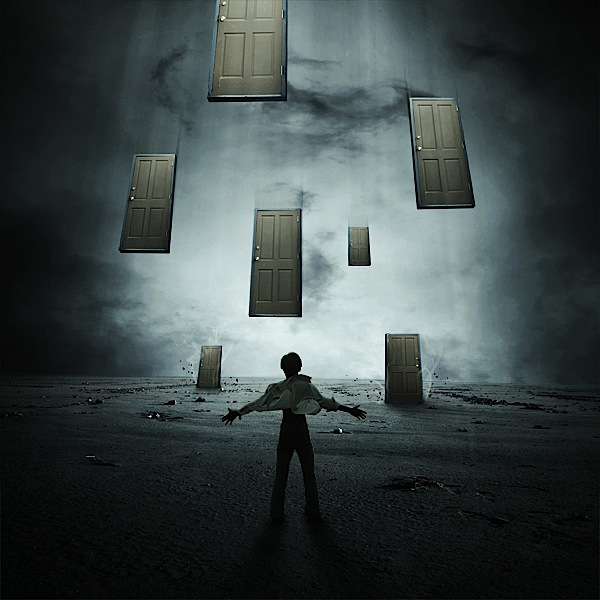
There are no clear boundaries between past, future and present. When in a certain situation there are similarities between short and long-term memory, then the present is perceived by a person as the past. A physiological phenomenon leads to the appearance of deja vu.
The phenomenon is not dangerous and does not require the attention of a doctor. Deja vu must be distinguished from false memory. AT last case there is a malfunction in the brain. Unfamiliar events, people perceive as known facts. False memory turns on at certain periods:
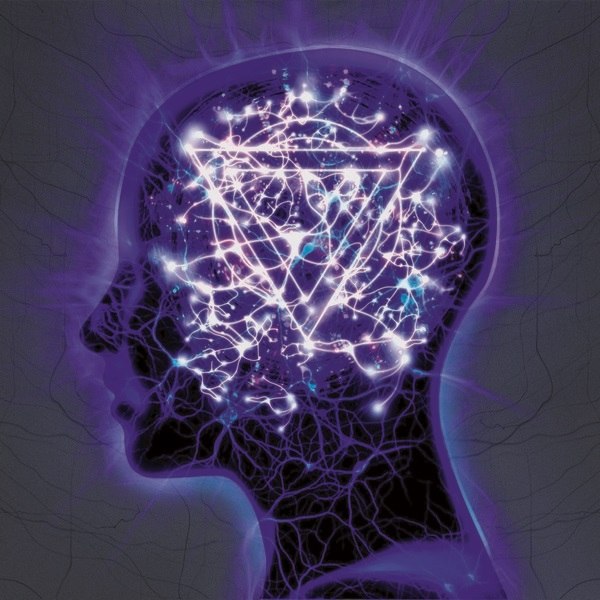
Is deja vu bad or not? With infrequent manifestation of deja vu won't bring trouble. Recurring episodes are a symptom of disease. Among them are schizophrenia, temporal lobar epilepsy. In such a situation, deja vu is bad. Check with your doctor for next steps.
Deja vu remains a mysterious phenomenon that scientists around the world are struggling to study. It is still unknown why a small percentage of people never experience this phenomenon. Plus, the cause of what is happening is associated with the brain. Interventions in an important organ are fraught with serious consequences: disability, deafness, paralysis. Therefore, conjectures and theories are built solely on the sensations and feelings of the subject.
Surely, everyone knows such moments when it seems that a certain event has already happened, or we meet a person whom we have already seen. But here's how it happened and under what circumstances, alas, no one can remember. In this article we will try to figure out why it happens. Are these games that the mind started with us, or some kind of mysticism? How do scientists explain this phenomenon? Why does deja vu happen? Let's consider everything in more detail.
Verbatim this concept translates as "previously seen". For the first time this term was used by Emile Buarak - a psychologist from France. In his work “Psychology of the Future”, the author raised and voiced such moments that researchers had not dared to describe before. After all, no one knew exactly what deja vu is and why it happens. And since there is no logical explanation for this, how can one touch on such a sensitive topic? It was this psychologist who first called the effect the term "déjà vu". Before that, such definitions as “paramnesia”, “promnesia”, which meant “already experienced”, “previously seen”, were used.
The question of why déjà vu arises remains mysterious to this day and is not fully disclosed, although, of course, there are several hypotheses.

American scientists have conducted several studies to find out how the déjà vu effect occurs. They found that the hippocampus, a specific part of the brain, is responsible for its appearance. After all, it contains specific proteins that enable us to instantly recognize images. In the course of this study, scientists even determined what structure the cells of this part of the brain have. It turns out that as soon as we get to a new place or pay attention to the face of a person, all this information immediately “pops up” in the hippocampus. Where did she come from? Scientists say that its cells create in advance the so-called "cast" of any unfamiliar place or face. It looks like a projection. What happens? Does the human brain program everything in advance? 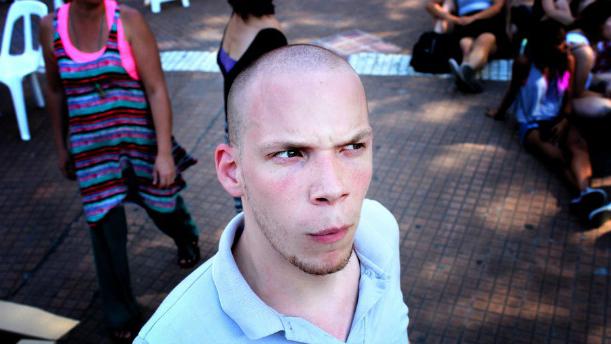
To better understand what in question, let's find out how scientists in conducted research. So, they selected several subjects, provided them with photographs of famous personalities from different areas activities, famous people, various attractions that are known to everyone.
After that, the subjects were asked to voice the names of the places depicted and the names or names of people. At the moment when they gave their answers, scientists measured their brain activity. It turned out that the hippocampus (we talked about it above) was in a state of full activity even in those respondents who did not even approximately know the correct answer. At the end of the whole event, people said that when they looked at the image and realized that this person or place was unfamiliar to them, certain associations appeared in their minds with what they had already seen before. As a result of this experiment, scientists decided that if the brain is capable of additional associations of known situations with completely unfamiliar situations, then this is the explanation for the deja vu effect.
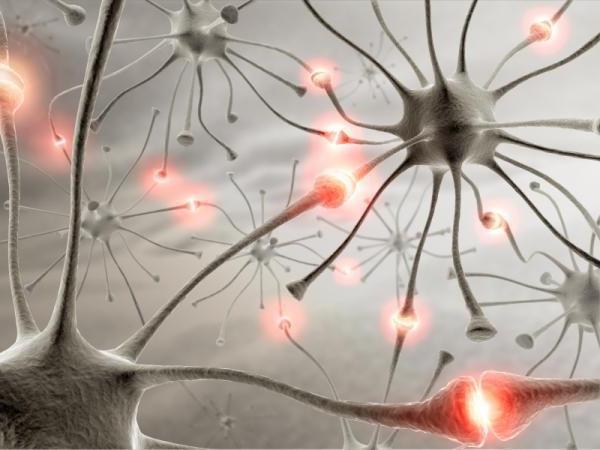
As we have already said, there are several versions about what deja vu is and why it happens. According to this hypothesis, the effect refers to manifestations of the so-called false memory. If during the work of the brain there are failures in certain areas of it, it begins to take everything unknown for what is already known. According to experts, false memory does not "work" at any age, it is characterized by certain peaks of activity - from 16 to 18 years, and also from 35 to 40.
Scientists explain the first peak of false memory activity by the fact that adolescence is very emotionally expressed in all respects. People at this time react quite dramatically and sharply to current events. The lack of great life experience also plays an important role in why deja vu occurs. This is a kind of compensation, a hint. The effect is manifested when a teenager needs help. In this case, the brain "refers" to a false memory. 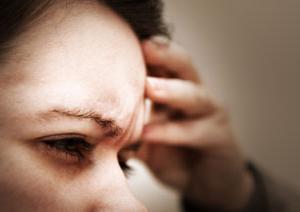
The second peak falls just on This is a turning point in a person's life, when one feels nostalgia for the past, there are certain regrets or a desire to return to past years. Here the brain again comes to the rescue, turns to experience. And this gives us an answer to the question: “Why does deja vu happen?”.
It must be said that this hypothesis is significantly different from the previous ones. Doctors do not doubt for a second that the meaning of deja vu cannot be ignored, because it is a mental disorder. And the more often the effect is manifested, the more serious the situation is. They argue that over time this will develop into long-term hallucinations, dangerous both for the person himself and for his environment. Doctors after the research have noticed that this phenomenon occurs mainly in people suffering from all kinds of memory defects. Parapsychologists do not exclude another version. So, they tend to associate deja vu with the reincarnation of a person after death into another body). Naturally, modern science does not accept this version.

For example, in the 19th century, German psychologists explained the effect in an elementary way, as a result of simple fatigue. The thing is that those parts of the brain that are responsible for consciousness and perception, that is, there is a failure among themselves. And it is expressed in the form of a deja vu effect.
The American physiologist Burnham argued the opposite. So, he believed that the phenomenon in which we recognize certain objects, actions, faces, is associated with the complete relaxation of the body. When a person is fully rested, his brain is free from difficulties, experiences, thrills. It is at this time that the brain can perceive everything many times faster. It turns out that the subconscious is already experiencing moments that may happen to a person in the future.
Many people believe that they know how deja vu occurs, believing that this is the result of dreams that we once had. It is hard to say whether this is true or not, but such an idea exists among scientists as well. The subconscious mind is able to capture dreams that we had even many years ago, and then reproduce them in parts (many consider this as a prediction of the future).
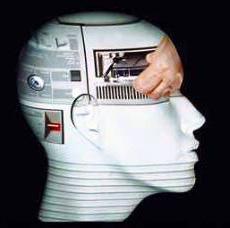
To better understand what deja vu is, let's remember the film about Shurik, when he was so absorbed in reading the synopsis that he did not notice either his presence in someone else's apartment, or mustard cakes, or a fan, or Lida's girlfriend herself. But when he appeared there already consciously, he experienced what we call the deja vu effect. Just in this case the viewer knows that Shurik has already been here.
Sigmund Freud at one time described this state as a real memory that was "erased" in the mind under the influence of various adverse factors. It could be trauma or experience. Some force forced a certain image to move into the subconscious, and later there comes a moment at which this “hidden” image suddenly comes out.
Jung, on the other hand, associated the effect with, in fact, with the memory of our ancestors. And this again brings us to biology, reincarnation and other other hypotheses.
It turns out, not in vain they say that everything in the world is interconnected. Maybe in this case it also does not make sense to look for the only correct answer, if only because there is no guarantee that it exists? After all, it is not for nothing that even scientists have not put forward the version that could be fully proved and declared to the whole world that the answer has been found.
In any case, do not be afraid if this effect happens to you. Take it as a hint, as something close to intuition. Remember the main thing: if there was something frightening or really dangerous in the phenomenon, you would already know about it for sure.
You can also encounter the reverse phenomenon, which is called "James Vu". This is when a person perceives already known as for the first time. For example, walking home along the street that you have been walking for many years, you suddenly get the feeling that you are in a completely unfamiliar place.
There are quite a few different hypotheses about why deja vu occurs, but we will consider only the main ones.
1. Short-term breakdown of connections between consciousness and the unconscious.
Our subconscious is a huge cauldron in which a lot of unconscious images, ideas, thoughts, experiences are boiled, everything that is forced out of consciousness for some reason. And when in reality there is a coincidence with unconscious images and experiences, then there is feeling of deja vu.
2. The images seen in a dream coincide with reality.
Perhaps the most popular and true reason is the assumption that déjà vu occurs when there is a partial coincidence between what is experienced in a dream and what a person is experiencing at the moment. In a dream, the brain can simulate situations that are very close to reality, because the material for dreams is the real memories of a person, his feelings and experiences. Sometimes such situations can come true in reality (prophetic dreams), but often there are only partial matches between the images, causing a feeling of deja vu.
3. Recall and memorization work at the same time
Facing something new human brain begins to compare the information received with the information already in memory (I know - I don’t know), and then writes it down. But for a moment there is a failure in the system and new information is simultaneously recorded and read, perceived by the brain as already in memory, causing a feeling of deja vu.
One of the reasons for this failure may be the difference in speed between the visual information received by the brain from each eye.
4. When deja vu is a real memory.
We recall the film of Shurik's adventures, when he took the exam and was so fascinated by the preparation that he completely did not pay attention to what was happening around him, including going to visit unknown girl=) And then, being there for the second time, I began to experience that same feeling of deja vu. Even when we pass something past consciousness, our brain continuously receives a whole bunch of information and puts it in the subconscious, and then when confronted with this, vague memories and sensations arise in the already conscious state.
5. Various esoteric and fantastic hypotheses
So, according to one version, deja vu manifests itself as a memory of a person’s past lives, after the soul has moved into a new body. There is a hypothesis that time, as such, is not a linear phenomenon, it can bend, form loops, delaminate, and even be static in general, having no beginning or end. As a result, deja vu is explained as a connection with one’s other “Self” from a parallel universe, or as a leap of consciousness along the timeline (time travel), and after returning from the future to the past, residual memories of the future may appear in the form of a deja vu effect.